Hillary Clinton’s emails: the latest FBI investigation explained
What did the FBI find in the latest tranche of emails and will the public get to see any of them before Election Day?
On Friday, Federal Bureau of Investigation Director James Comey notified Congress that agents had discovered a fresh tranche of emails linked to its investigation of Democratic presidential nominee Hillary Clinton’s personal email server.
The announcement just 11 days before the election threw the campaign for a loop. Republicans seized on the news to reinvigorate Donald Trump’s campaign, while Democrats called for greater transparency – and cried foul.
Neither the FBI, nor Mr Comey himself, nor Mr Comey’s boss, Attorney General Loretta Lynch, have said more publicly, leaving voters in the dark about the findings and the development’s legal and political relevance.
Here’s what we know so far:
What did the FBI find?
FBI agents investigating former New York Congressman Anthony Weiner in a sexting probe seized a laptop found to contain as many as 650,000 emails, many from accounts belonging to his estranged wife Huma Abedin, a long-time close aide to Mrs Clinton.
More than that the FBI hasn’t said publicly, leaving it unclear who wrote the emails, whether they are personal or related to Ms. Abedin’s work under Mrs Clinton at the State Department, whether they contained classified information, and even whether the FBI had already seen them in its investigation into Mrs Clinton’s email practices.
Over the weekend the FBI obtained a court order allowing them to begin reading them, so presumably they have begun doing so.
Read more: FBI knew of emails weeks ago
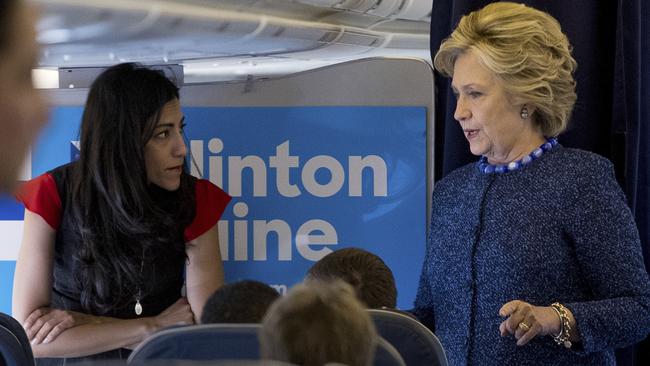
What does this mean for the status of the Clinton emails investigation?
In July, Mr Comey said the FBI had recommended against charging Mrs Clinton, concluding its investigation into whether, by using a private email system for government work, she had mishandled classified information when she was secretary of state.
Republicans declared on Friday that the investigation had been “reopened”, language that isn’t reflected in Mr Comey’s letter to Congress. The FBI director said he felt the FBI “should take appropriate investigative steps designed to allow investigators to review these emails to determine whether they contained classified information, as well as to assess their importance to our investigation.”
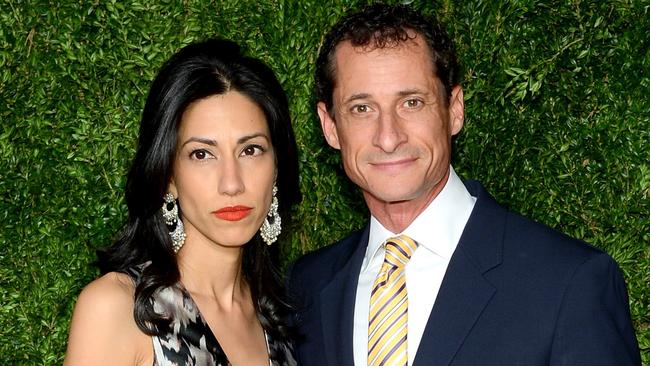
Whose emails are they?
It’s unclear, but the emails’ metadata indicated that thousands of messages were sent to or from Mrs Clinton’s private email server.
Will the public see any of them before Election Day?
Probably not. The election is eight days away, and investigators only received a court order allowing them to begin reviewing the emails over the weekend.
Is Comey allowed to do this, so close to an election?
The FBI director said in his Friday letter that he deemed it important to give Congress an “update.” The Wall Street Journal has reported that he acted “independently” and against the advice of senior Justice Department officials who warned the letter would contravene the department’s long-established policy against taking steps that could influence, or even appear to influence, an election.
But Mr Comey apparently decided it was better to share the information than face the possibility of greater criticism for keeping quiet until after the election.
On Sunday, Democratic Senate Minority Leader Harry Reid said Mr Comey may have violated a federal law barring government officials from using the position to influence an election. But his opinion carries more political weight than legal significance.
Read more: FBI chief could change history
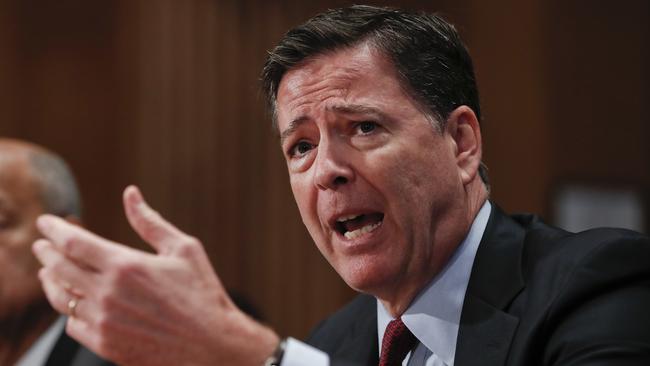
Has this October Surprise affected the race?
It’s hard to predict.
As many as 17 million votes had already been cast by the time the bombshell dropped Friday afternoon. Voters have been hearing about Mrs Clinton’s emails for more than 18 months, so at this point the story may be baked into voters’ decision making: It confirms anti-Clinton voters’ judgment that she is untrustworthy and reckless and plays by her own rules, while core Clinton supporters have already dismissed the matter.
But Wall Street Journal Washington bureau chief Jerry Seib writes in today’s Capital Journal column that it shifts voters’ attention away from Mr Trump and the question of his suitability for office, and instead onto Mrs Clinton. That may enable Mr Trump to reclaim some voters who had drifted away from him.
A review of October Surprises in the 1972, 1992, 2000 and 2004 elections suggests 11th-hour revelations or turns of events sometimes appear to shift the course of the race, but sometimes don’t.
Read more: Clinton campaign rocked to foundations
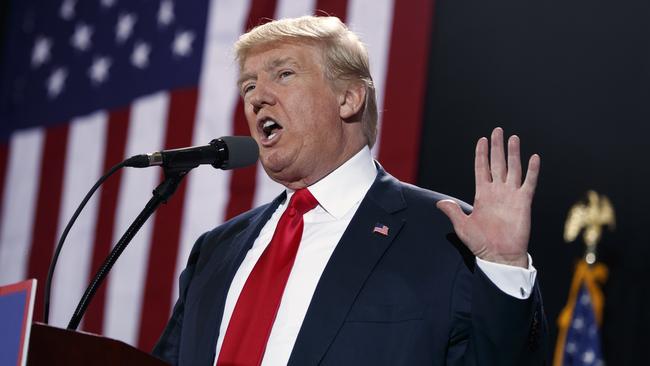
What do the latest polls suggest?
Polling since the news hit Friday has been scant, but Mrs Clinton’s lead in the Real Clear Politics average of recent polls has dropped by roughly half to 2.5 points since Saturday.
But an NBC News/SurveyMonkey weekly poll - conducted among 40,816 people considered likely voters - showed Mrs Clinton’s six-point national lead remained essentially unchanged since last week.
Results of the week’s tracking poll showed that, in a four-way race including two “third-party” candidates, Clinton is supported by 47 per cent of likely supporters while Trump maintains 41 per cent support.
Likely voters were split on whether they thought the FBI announcement it was an important issue to discuss - 55 per cent - or more of a distraction to the campaign - 44 per cent. For independent voters who do not lean toward either party, 68 per cent said it was an important issue, while 31 per cent said it was a distraction.
All eyes are now on the November 8 election.
- With The Wall Street Journal, AFP

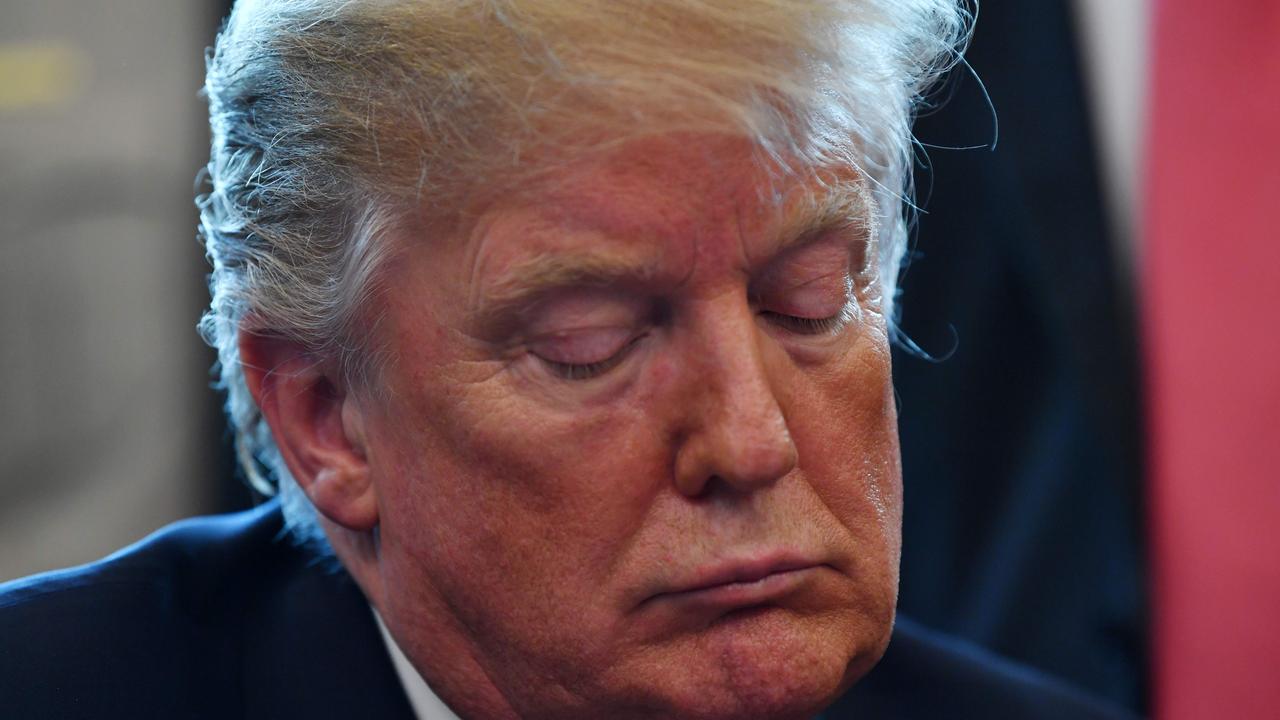

To join the conversation, please log in. Don't have an account? Register
Join the conversation, you are commenting as Logout